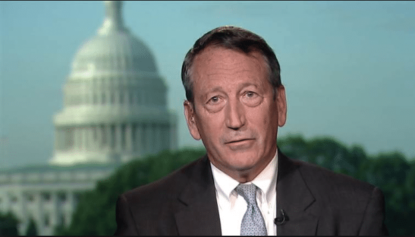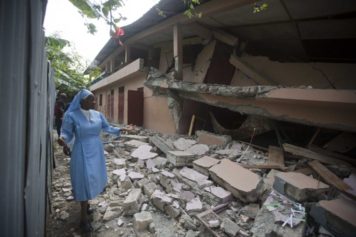
But on that score, it is still very far behind. In some ways, Haiti is even less equipped to tackle cholera than it was three years ago.
The United Nations raised barely a fourth of the $38 million it needed last year to provide lifesaving supplies, including the most basic, like water purification tablets. Clinics have run short of oral rehydration salts to treat the debilitating diarrhea that accompanies the disease. Some treatment centers in the countryside have shut down as the aid groups that ran them have moved on to other crises. And a growing share of patients are dying after they finally reach hospitals, according to the United Nations’ own assessments.
Josilia Fils-Aime, 11, who lives in this village on an isolated spit of land near the Artibonite River, where the epidemic first began, knows these shortcomings all too well. Her family had run out of water purification tablets, and she drank water from what must have been a polluted stream nearby.
“I felt dizzy and sick,” the girl said. She was struck by sudden vomiting and diarrhea. Doctors diagnosed cholera.
Her predicament has multiplied across Haiti, which has had the most cholera cases in the world for three years in a row.
The United Nations has yet to raise the $5 million necessary to vaccinate 600,000 vulnerable people right away — as the rainy season approaches and the threat of waterborne illnesses like cholera looms — let alone the $2 billion that it promised to raise from rich countries to build Haiti’s water and sanitation infrastructure, which public health experts say is vital to ridding the country of cholera.
Pedro Medrano Rojas, the United Nations secretary general’s newly appointed envoy for the cholera outbreak, attributed the shortfall to global “donor fatigue” in the face of other humanitarian crises.
“Had we had the resources it would have been different,” Medrano said. “It’s not expensive. No one should be dying from cholera.”
Read the complete story on New York Times


